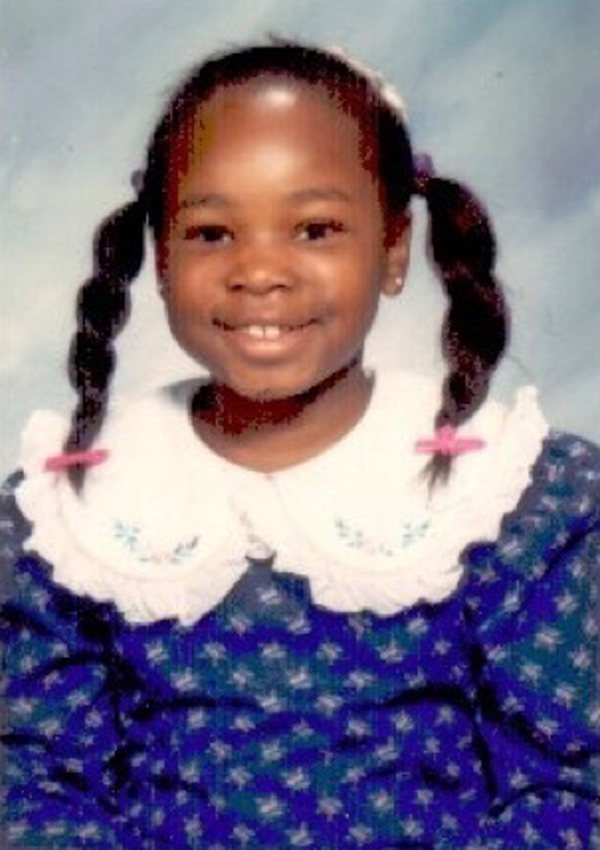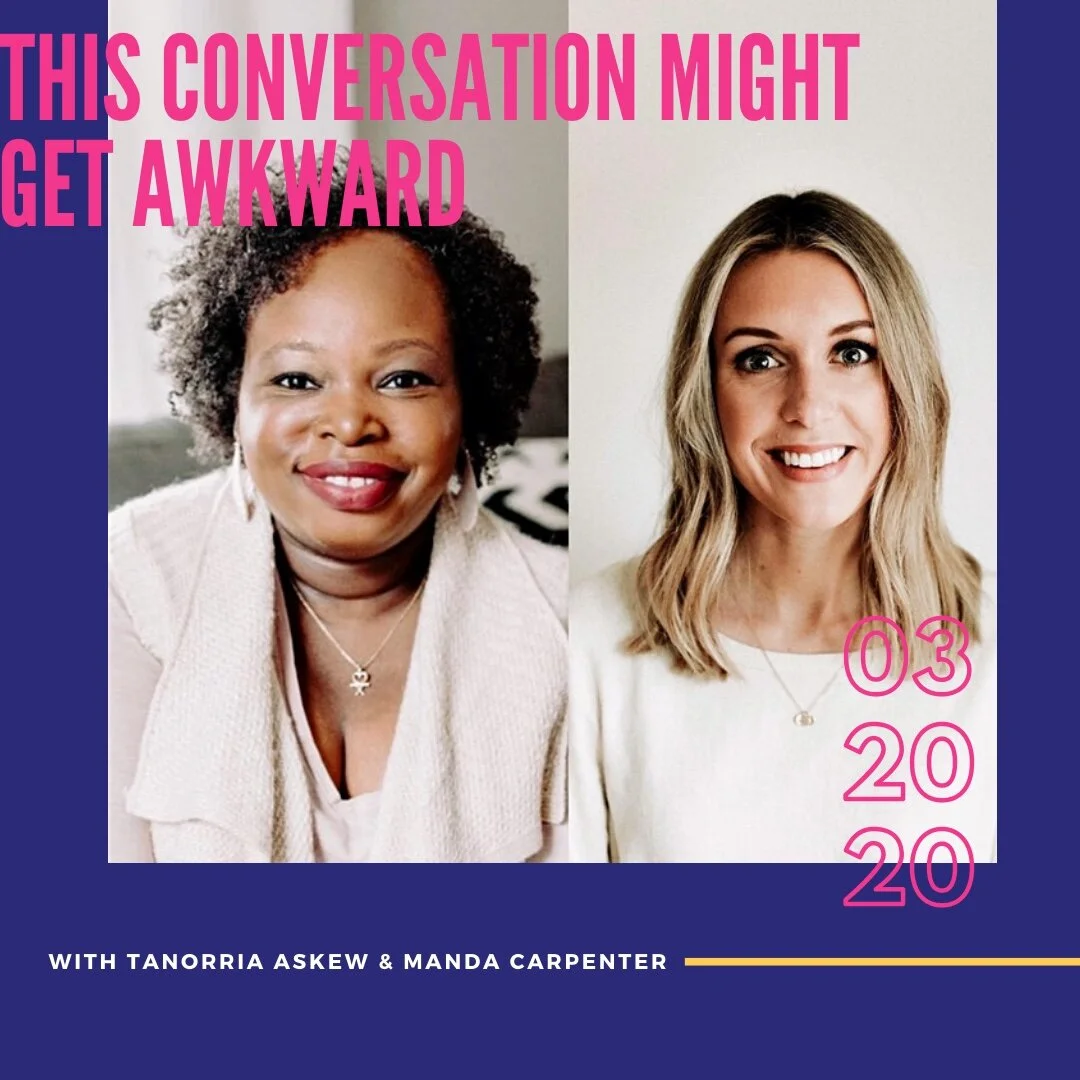Black History Month: Celebrating Black Culture
February is Black History Month, and I’m being real extra about it this year! It’s just so great seeing my culture celebrated and admired. I can’t get enough of it! Most of you know how passionate I am about Diversity & Inclusion (D&I), but Black History Month is more than just a D&I effort for me, especially this year. I used to be the person who tried to merge Black History with all history as a way to keep the peace. I relied on the little history that I learned in grade school and felt like as long as everyone knew that little bit, it was enough.
Boy was I wrong! Black culture is so rich in history, and I am so proud of it. I feel like everywhere I turn, there is something to learn about the contributions that black people have made.
We are more than The Underground Railroad, the stoplight, peanut butter, and refusing to sit on the back of buses. While those contributions are timeless and beyond significant, there is so much every single one of us can learn, acknowledge and celebrate.
Throughout this exploration of my culture, I’ve gained a better understanding of how Black-Americans have contributed to food. I have begun to pour my energy into learning about Zypher Wright, Personal Chef to Lyndon B. Johnson. Not only did her food draw crowds but it also helped Johnson develop relationships with other politicians. His home became known for the food. Her stories of discrimination influenced Johnson’s decision to sign the Civil Rights Act of 1964.
There are so many nuggets of information about how black people have literally built America. Things people tend to take for granted. As someone who uses her platform to speak on race, race reconciliation and injustice, I often get asked what a person can do to learn more, understand more, and become an ally. I’m going to share the top 5 things you can do to start the journey. This is a journey, not an event. It’s not something you can check off a list — it’s work that must be done in order for the unity that so many of us desire.
Tanorria’s Top 5 Things You Can
Do To Learn More about Black History & Black Culture
1. Read: There are so many resources available about Black History. Not only are there books on social justice, black history, and race reconciliation, but there are also excellent books written by so many amazing black authors. You never know what you can learn by reading something from someone with a different perspective and background.
Check out my “Read” list in my Amazon Store.
2. Listen: Podcasts are the greatest! I honestly spend more time listening to podcasts and audiobooks than I do the radio anymore. Don’t worry. I still get my Beyoncé in when I can! Podcasts usually allow for easy listening which can be a great way to introduce yourself to prospective and culture that you aren’t familiar with.
1619 is a series developed by the NY Times and centers on the black history that was left out of our history books.
3. Follow: We all tend to follow social media accounts that we identify with, but there is incredible value in following accounts that we could learn something from, something we may not be familiar with. Consider following a few social media accounts managed by black people. They can be informative. They can be funny. They can be about social justice. They can be about food. What matters is that you are seeing and learning about something you wouldn’t otherwise know about.
A few of my favorite social media accounts: Tanorria's Table, This Conversation Might Get Awkward, Black Girls Eating, Rachel Cargle, Luvvie.
4. Call-out: The worst thing anyone can do is to be silent when injustice is taking place. These are no longer the times where we can sweep things under the rug. Even when it feels uncomfortable. That kind of courage is what will evoke change and inspire others.
Listen to Luvvie’s TED Talk about getting comfortable with the uncomfortable for a little empowerment and inspiration.
5. Listen Some More: I went to an event where the amazing author, Ta-Nehisi Coates, was asked what people can do to support fighting injustice and allyship for the black community. He answered with one word, “Listen.” There is something uniquely impactful when you listen to a person’s story without presumptions, without the urge to debate, and the understanding that it is something you may have not actually ever experienced. In other words, without experiencing racism, you have no credibility to debate it. Just listen to the person who just so happens to be the expert of their own personal experiences. You just might make a friend!
Update as of June 2020, get a great list of resources to start your journey.
Did any of this plant a seed? Is any of this interesting to you? Maybe you’re just like me, someone who is celebrating black culture while hoping for unity. My upcoming event, This Conversation Might Get Awkward might be perfect for you! Grab tickets, and be sure to say “hi” when you come!




